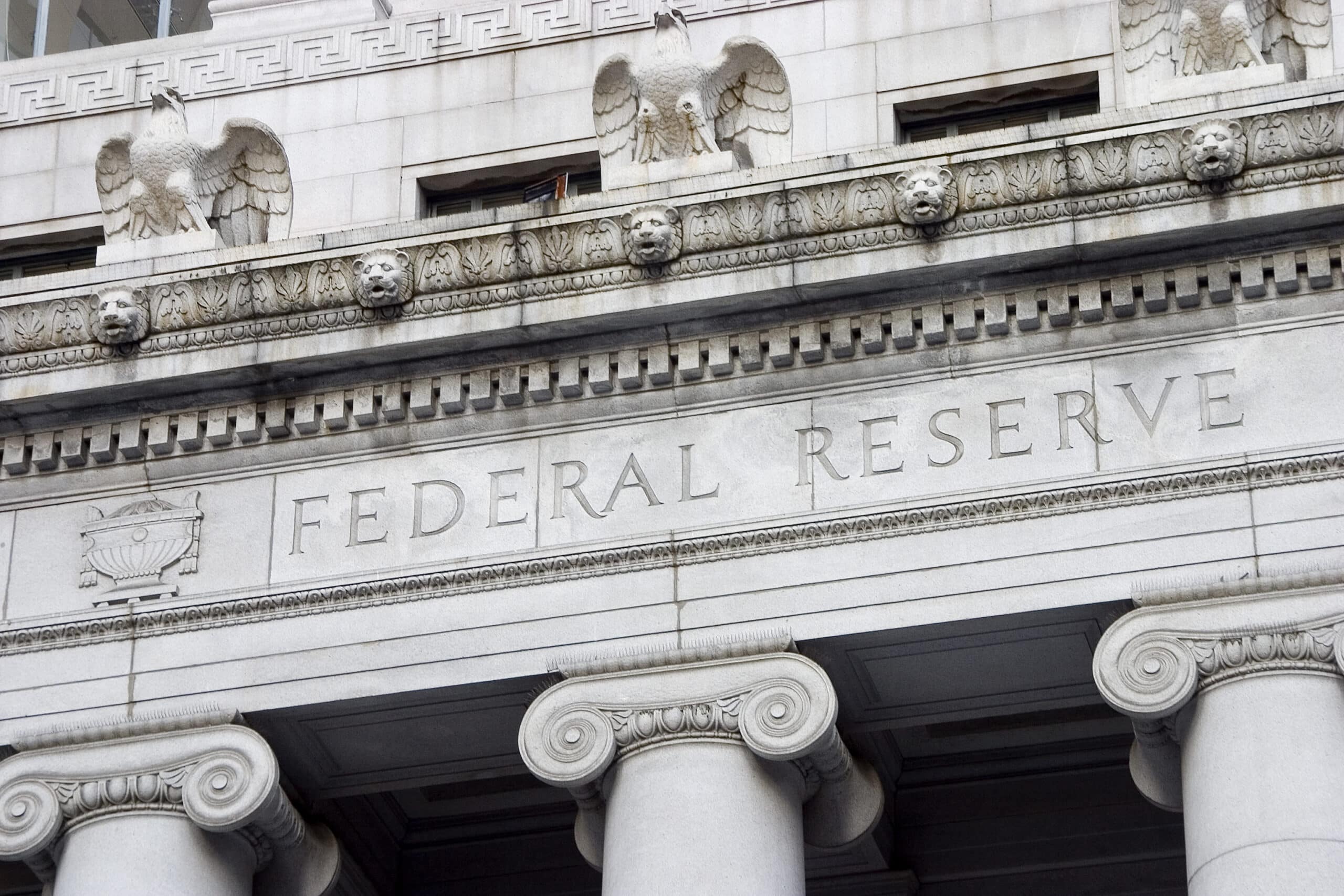ABS Presell Strategy Boosts Demand, Lowers Cost
 Bolstered demand for lower-rated securities has made it cheaper for subprime lenders to securitize.
Bolstered demand for lower-rated securities has made it cheaper for subprime lenders to securitize.
To secure the lower cost of funds, issuers including Consumer Portfolio Services, Exeter Finance Corp., and Flagship Credit Acceptance LLC have resorted to preselling loans to smaller pools of investors.
Preselling, an uncommon practice in auto finance ABS, refers to the process of negotiating the sale of lower-rated tranches with buyers in order to lock in that sale at a certain price, before opening the issuance to all investors. The strategy is typically employed when investors are shying away from a certain sector.
CPS, for one, presold $39.8 million in BBB-rated bonds and $30.9 million in BB-rated bonds in its July securitization, CPS President and Chief Executive Charles Bradley told AFN. Combined, the presold bonds comprised 21.8% of the securitization’s $318.5 million pool.
As a result, the company noted “exceedingly better results in terms of the appetite on Wall Street for the paper, the demand, and the number of investors involved,” Bradley said during the company’s second-quarter earnings call. “It was pretty much a 180 from the last few quarters where everybody said this market is getting tougher, and investors are demanding higher yields.”
Part of the recent disruption in the capital markets stemmed from noise about a potential “bubble” in the subprime lending sector, Bradley said.
To that end, Flagship Credit Acceptance employed a presell strategy for a $400 million securitization — designated Flagship Credit Auto Trust 2016-2 — back in May. The securitization was successful, said Christina Hsieh, the lender’s senior vice president of capital markets and corporate development, which left Flagship mulling its options for an August securitization. Would there would be enough investor demand? What spreads would investors look for in those bonds?
Ultimately, Flagship opted not to presell, because the May transaction had sparked fresh investor interest. “In 2016-2, we ended up preselling a decent amount of bonds with a handful of investors, and that caused dozens of investors to come out and want to presell in our 2016-3 transaction,” Hsieh said.
In fact, Flagship was able to expand its investor base in the 2016-3 transaction and increase its offering amount 10% — to $440 million — from the 2016-2 transaction. Additionally, the spread on Flagship’s 2016-3 BBB-rated tranche was 290 basis point over the swap rate, versus 510 basis points over the swap rate in the 2016-2 issuance when Flagship presold the BBB-rated bonds.
The decrease in the cost to securitize has to do, in part, with less worry about a potential subprime bubble. “Another part had to do with investors out there thinking that they had the opportunity to buy bonds at whatever the market dictated,” Hseih said. “But when folks went to the [preselling] strategy, they felt they missed out.”















